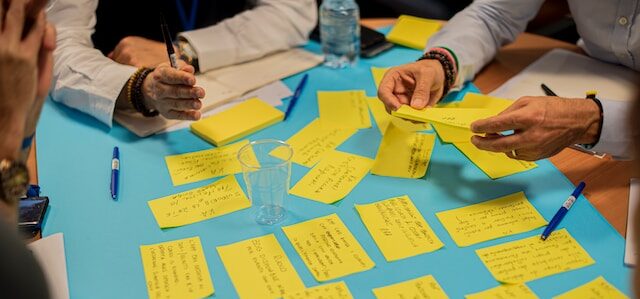In a presentation at the C-MUS Congress 2024 in Aalborg (Denmark), Katharina Holec, Laura Mark and Tobias Escher presented selected recommendations for managing planning conflicts in the context of the transport transition.
These recommendations are derived from various research findings from the CIMT project. They are based on quantitative data from surveys of more than 2,000 people and qualitative data from more than 20 interviews on various mobility planning processes in three German cities, as well as a quantitative analysis of the participation landscape in Germany based on an extensive database of over 350 transport-related participation processes that we have compiled.
Recommendations
For the presentation, the following two recommendations were selected from those developed to date and presented for discussion:
It is not the role of a consultation to reach a consensus!
This is derived from the fundamentally conflictual nature of transport planning, which is also reflected in our data and could not be satisfactorily resolved by the participation formats analysed. For example, in the freiRaum Ottensen project, despite extensive participation, 21% of participants were still dissatisfied with the decision made, and 74% of the population were not even aware of the opportunity to participate. This means that the aim should not be to resolve conflicts, but to create a forum for dialogue and the generation of ideas, and that participation should not be judged by the degree of conflict resolution.
Consultation results must be complemented with other perspectives in order to come to a balanced decision!
Participation results can provide a picture of existing concerns and should be taken seriously, but firstly they do not reflect the general mood of the population due to their lack of representativeness, and secondly it cannot be assumed that all important aspects for the mobility transition are included or that mainly supportive contributions are made. This means that consultations should be supplemented by other forms of participation. Participation results should be supplemented and weighed up with other perspectives from different stakeholder spheres and cannot replace a bold political decision.
Presentation and publication
We are currently working on a compilation of these and other empirically based recommendations for the use of participation in the transport transition. This publication will be linked here once it has been finalised. The presentation can be downloaded here:


